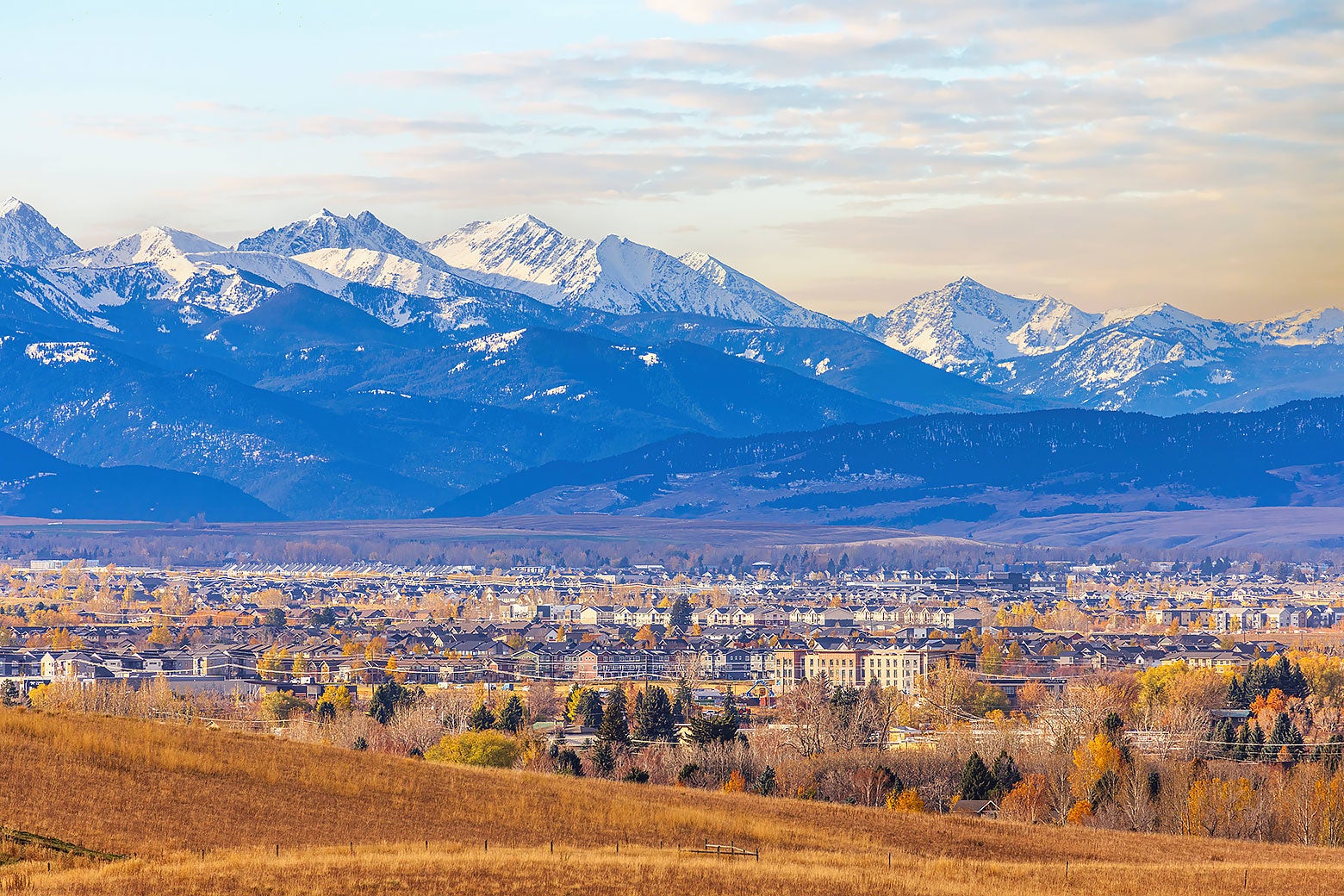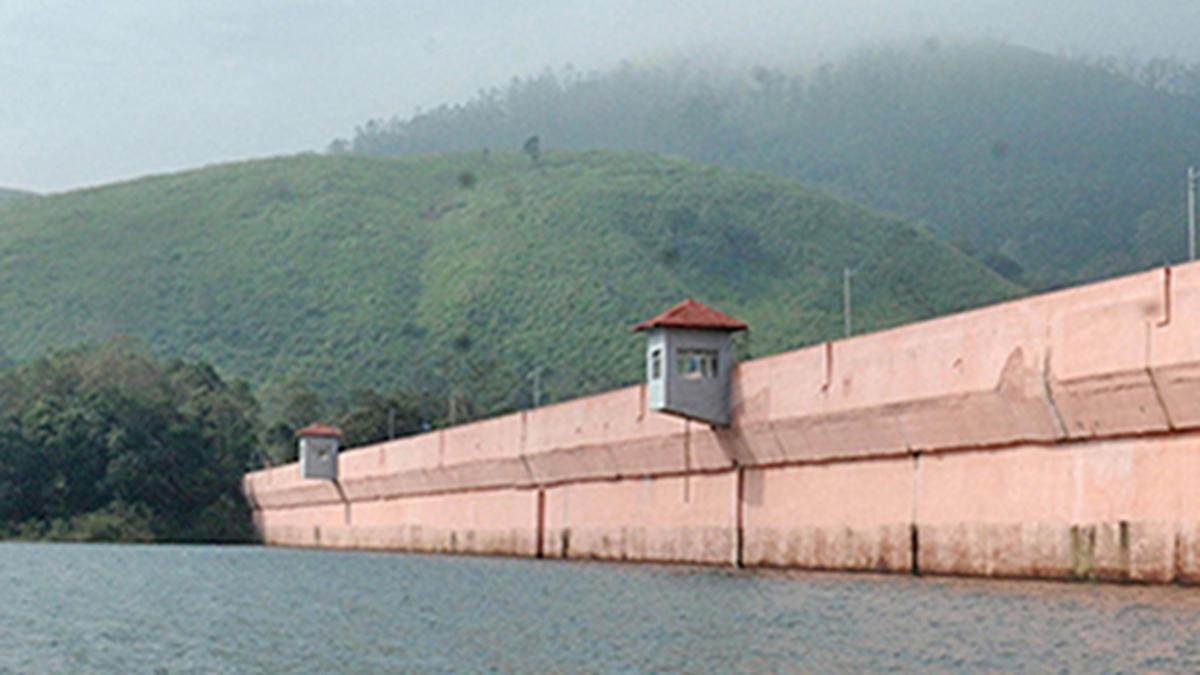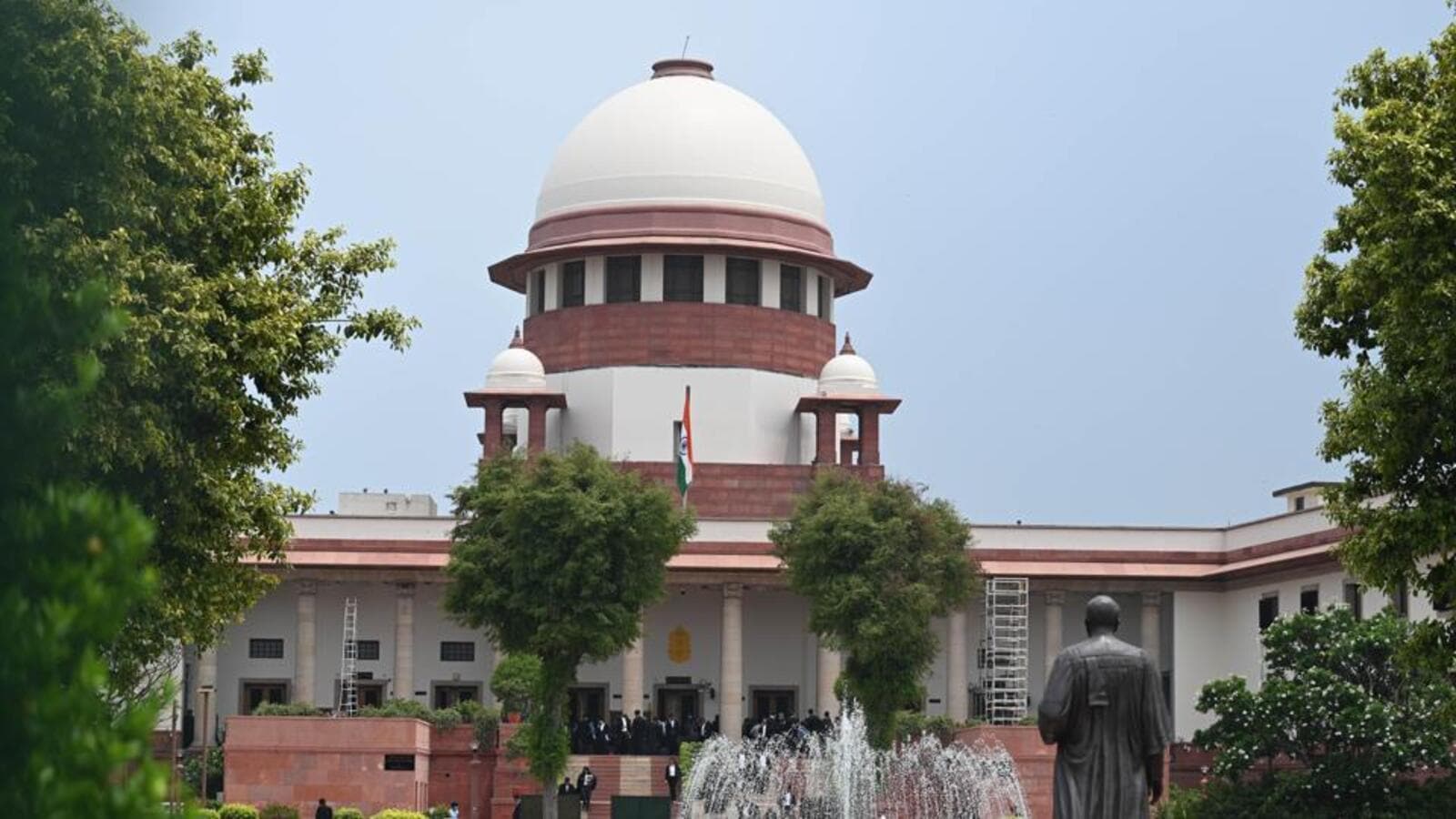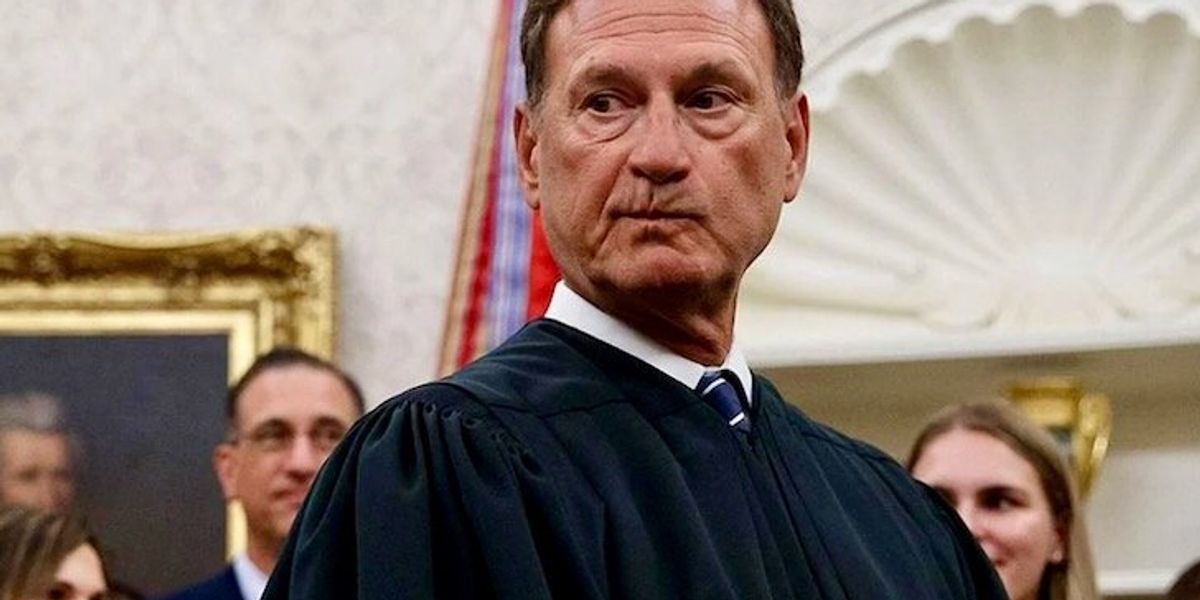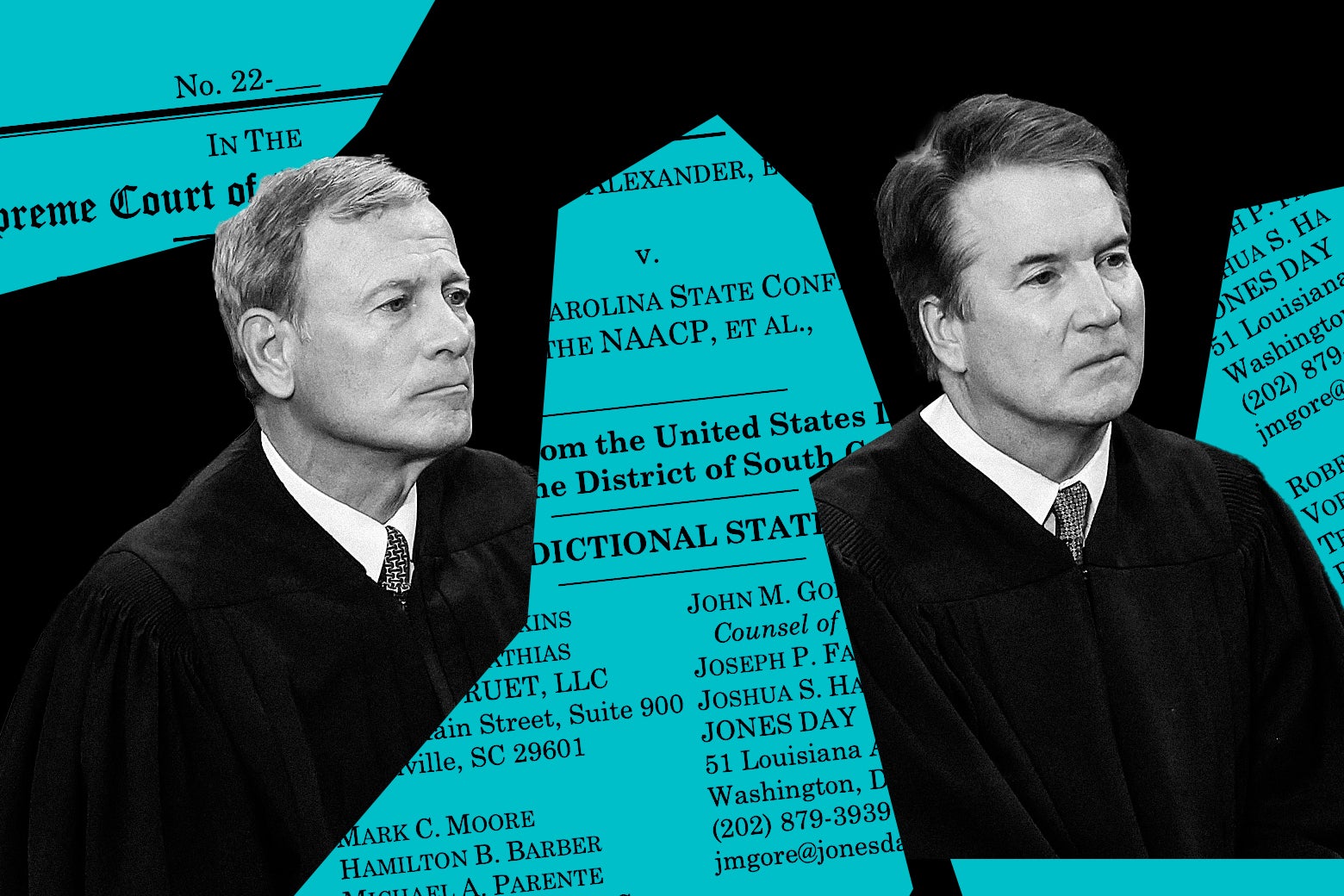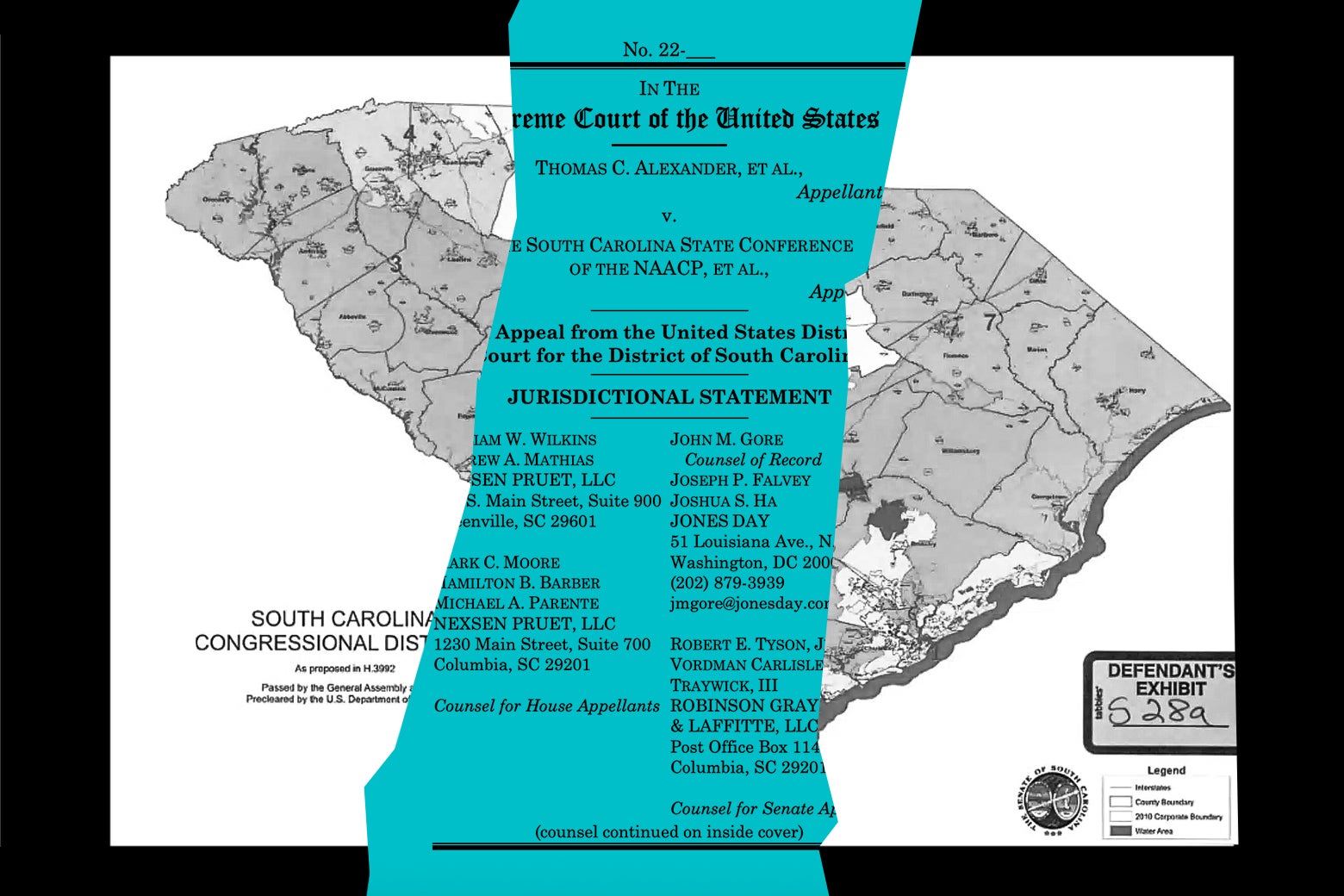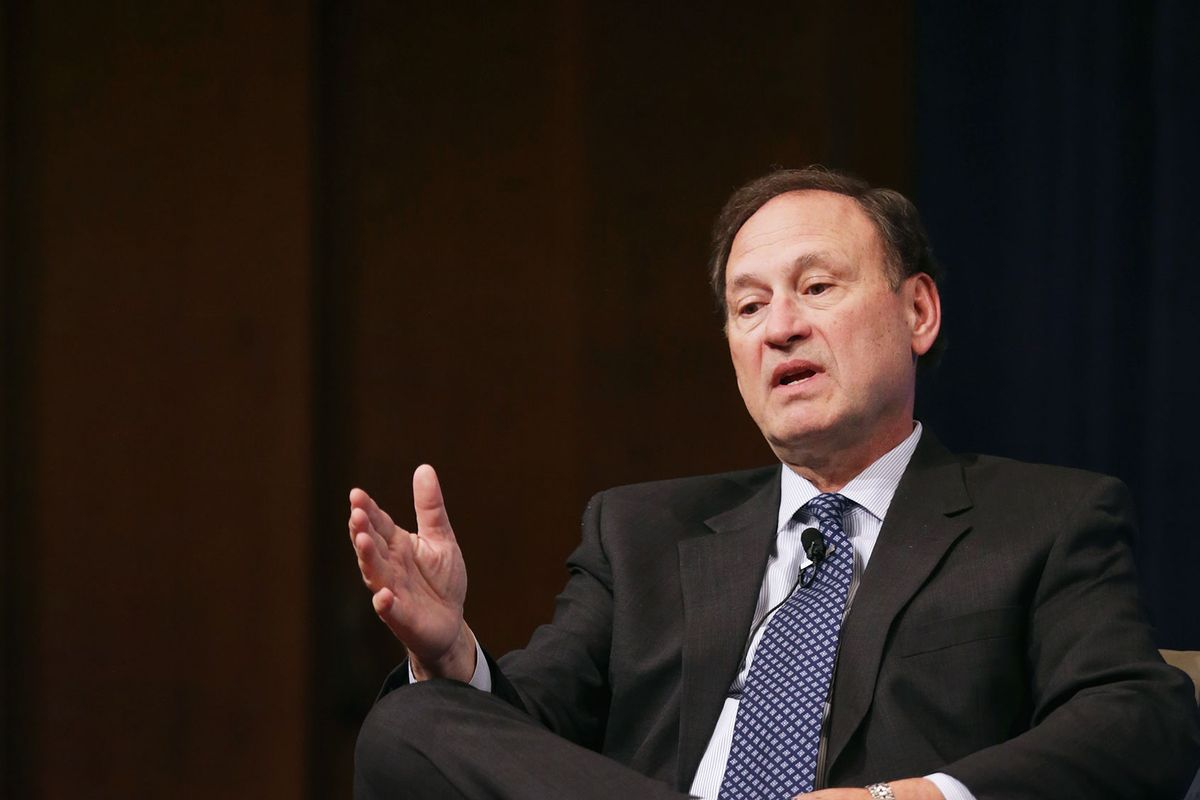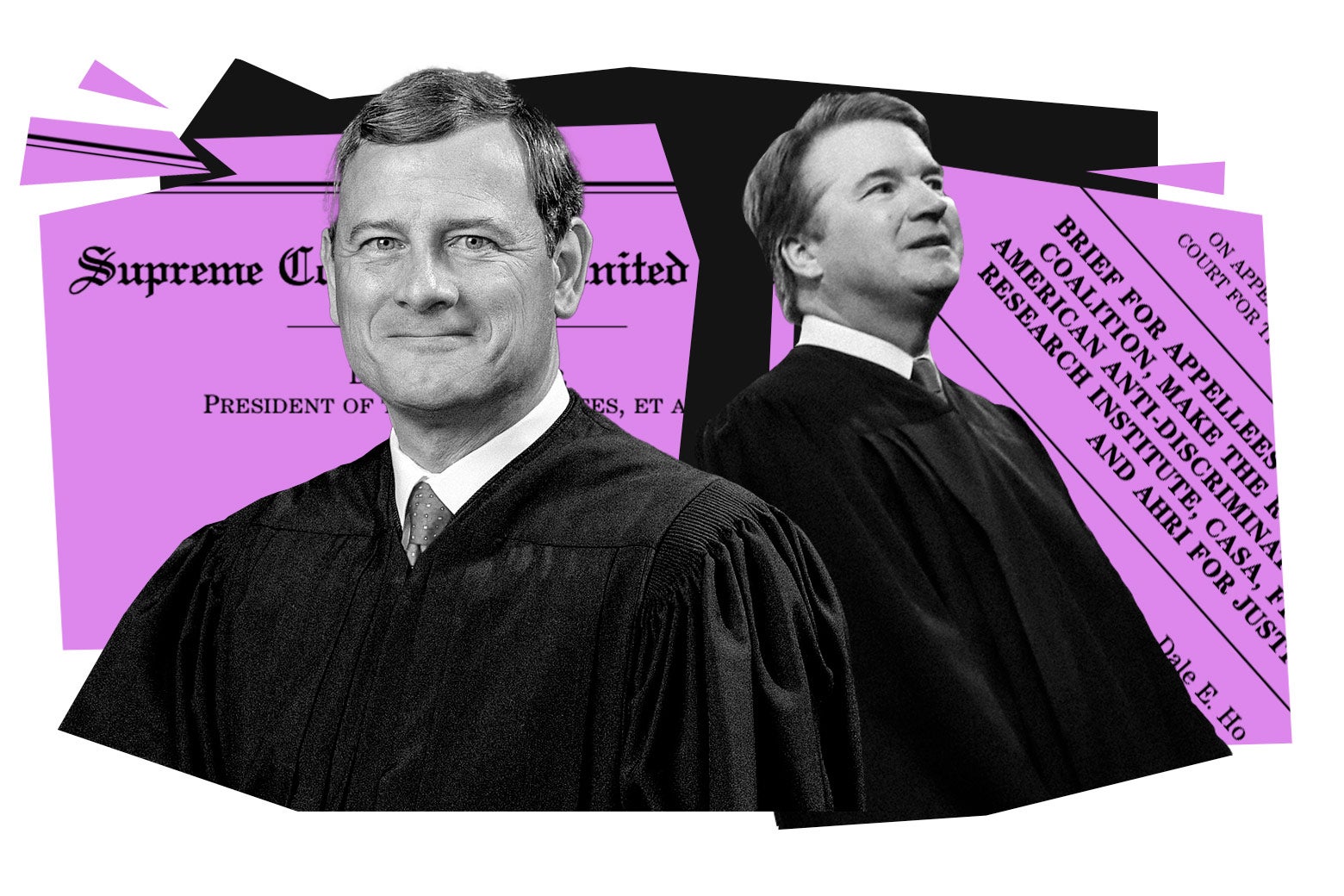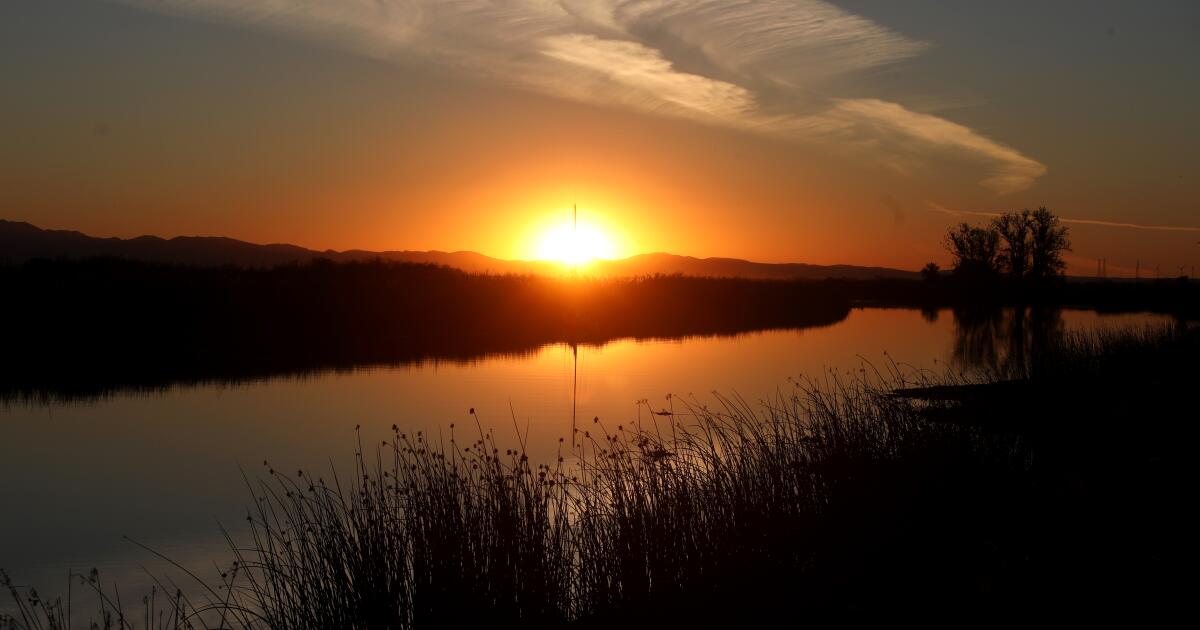
Samuel Alito’s Assault on Wetlands Is So Indefensible That He Lost Brett Kavanaugh
SlateOn Thursday, the Supreme Court dealt a devastating blow to the nation’s wetlands by rewriting a statute the court does not like to mean something it does not mean. Justice Samuel Alito’s opinion for the court is remarkably brazen about this approach—so brazen that Justice Brett Kavanaugh authored a sharp opinion accusing him of failing to “stick to the text.” Alito began with a long history of the Supreme Court’s struggles to identify the “outer boundaries” of the Clean Water Act, as if to explain why the time had come for the court to give up wrestling with the text and just impose whatever standard it prefers. So they declared that, instead of applying the statute’s words, the court would impose a different standard: Only wetlands with “a continuous surface connection” to larger bodies of water merit protection under the Clean Water Act. Five justices, Kagan explained, think the Clean Water Act’s “plain instructions” go “further than preferred.” She continued: “Surely something has to be done; and who else to do it but this court? It must rescue property owners from Congress’s too-ambitious program of pollution control.” Drawing a comparison to last term’s similarly egregious West Virginia v. EPA, Kagan described the court’s “appointment of itself as the national decision-maker on environmental policy.” Assuming that unearned role, the majority has once again chosen “to cabin the anti-pollution actions Congress thought appropriate.” If you want to feel really cynical about the Supreme Court—if you want to see how a majority has an infinite number of tools at its disposal to override the words that Congress wrote and instead enshrine a conservative agenda into law—read Alito’s opinion in Sackett.
History of this topic

A 2023 Supreme Court ruling could strip U.S. wetlands of federal protections
NPR
Samuel Alito’s Wetlands-Destroying Opinion Pretends Physics Doesn’t Exist
Slate
The Supreme Court's decision helping polluters is "ideologically driven," says expert
Salon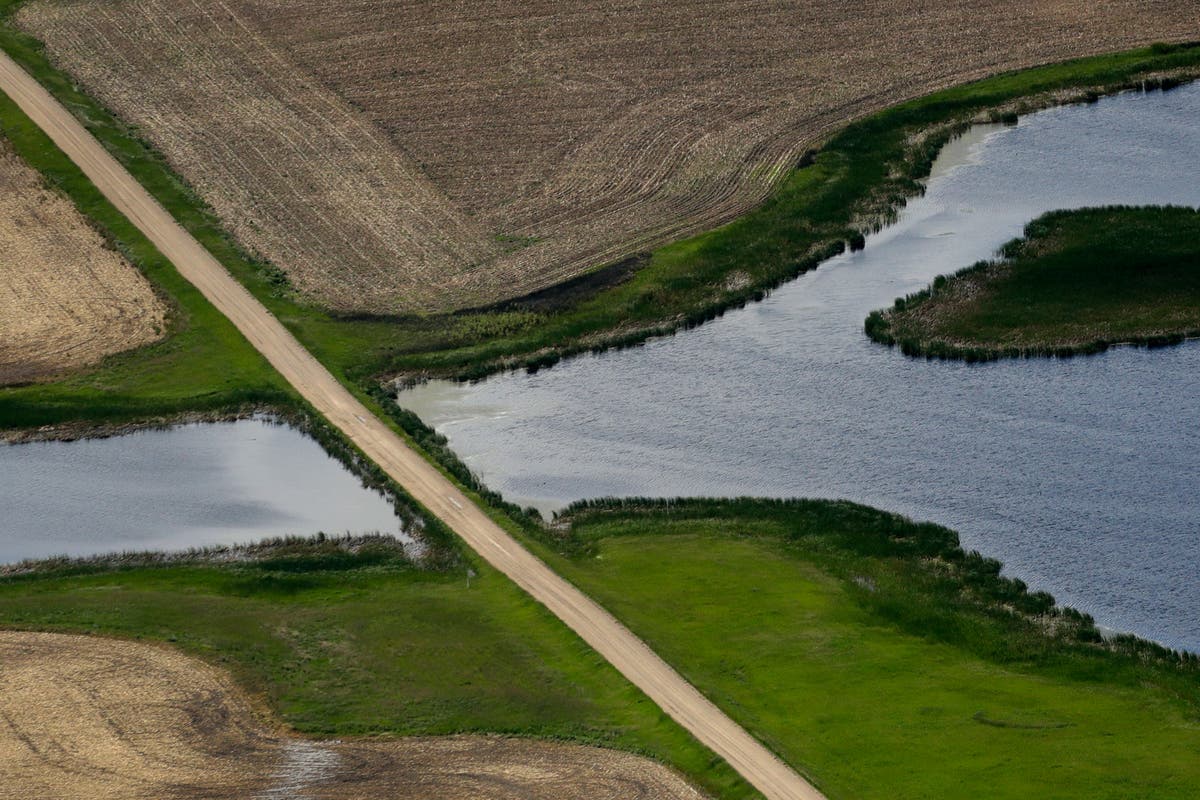
Supreme Court limits regulation of some US wetlands, making it easier to develop and destroy them
The Independent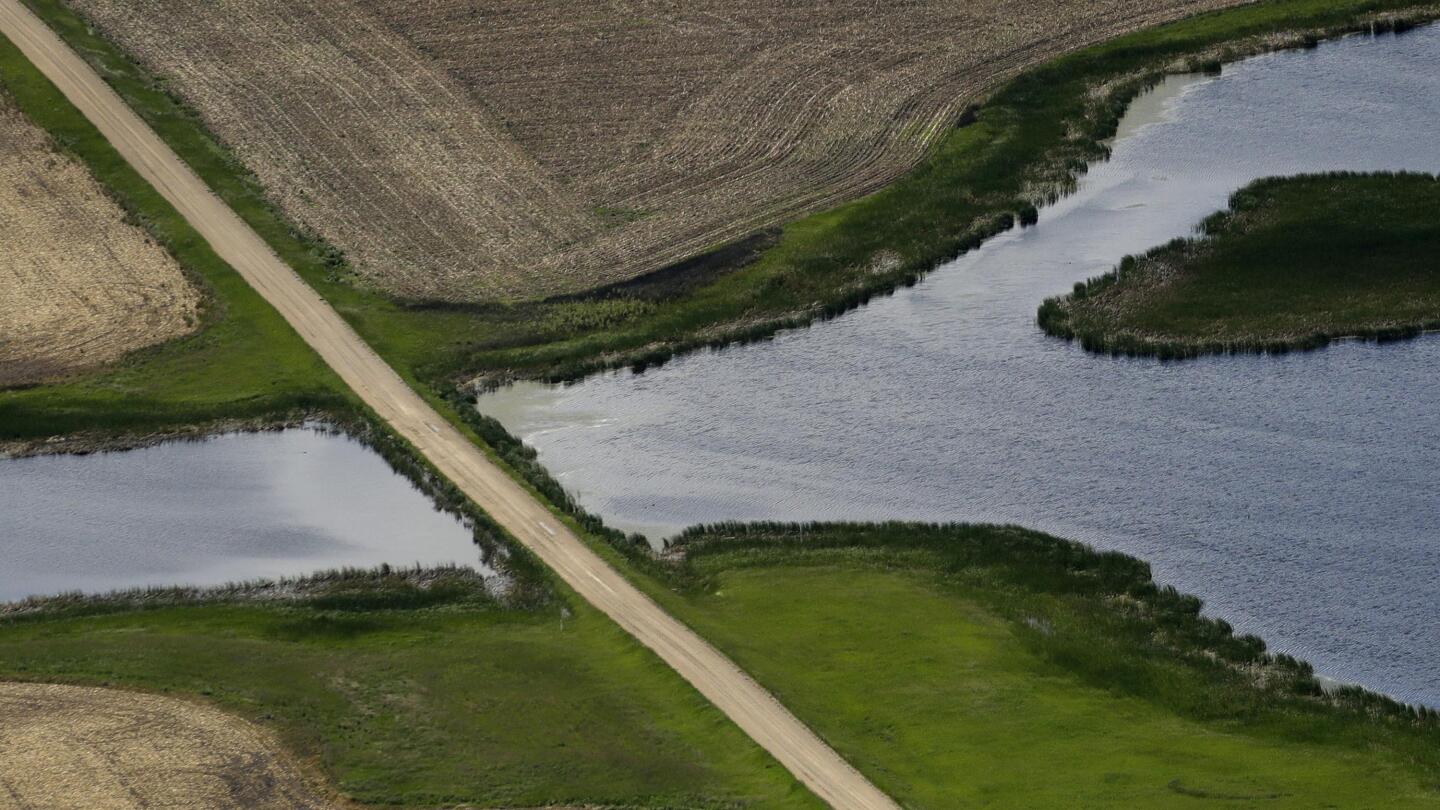
Supreme Court sharply limits federal government’s ability to police pollution into certain wetlands
Associated Press
Supreme Court limits EPA protection for wetlands, favoring property rights over clean water
LA TimesDiscover Related
